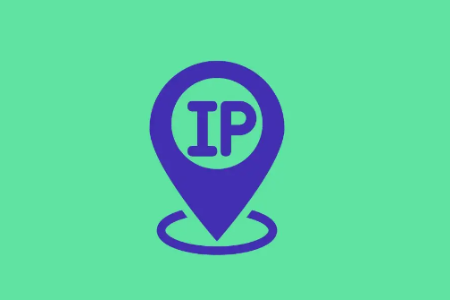A site farm server is an architecture where multiple similar websites or applications are deployed on multiple servers. The assignment of IP addresses has some flexibility in the station farm server architecture and can be configured according to your needs and network topology.
The following are some common IP address allocation schemes:
Single IP address: All websites or applications in a cluster share the same IP address. This approach applies to sites or applications in a group that are interrelated or part of the same brand or business. Different sites are distinguished by using different host names (domain names).
Multiple IP addresses: Each site or application is assigned a separate IP address. This approach is suitable for situations where better isolation and resource allocation is needed, or where services need to be provided in different geographic locations.
IP address sharing pool: Share multiple sites in a group of IP addresses. This method can dynamically assign IP addresses according to demand, allowing the site group's website or application to share IP resources.
Reverse proxy: Use a reverse proxy server to distribute requests to different sites. This way, all sites share the same IP address, but the reverse proxy server forwards the request to the appropriate server based on the host name of the request.

When choosing an IP address assignment scheme, consider the following factors:
1. Requirements and business logic: Are there dependencies between the sites or applications in your group, and do they require different resource allocations?
2. Isolation: Do you need to isolate different sites on different IP addresses to prevent possible conflicts or security issues?
3. Geographical location: If your station group needs to provide services in different geographical locations, it may be necessary to assign different IP addresses according to the location of users.
4. Cost: IP addresses can come with additional costs, especially in some cases where you need to buy additional IP addresses.
5. Reverse proxy requirements: If you use a reverse proxy, you may need fewer IP addresses, but you need a reverse proxy server to handle the request.
According to your needs and circumstances, choose the most suitable IP address allocation scheme to ensure the stability, performance and scalability of the station cluster server.

 EN
EN
 CN
CN









